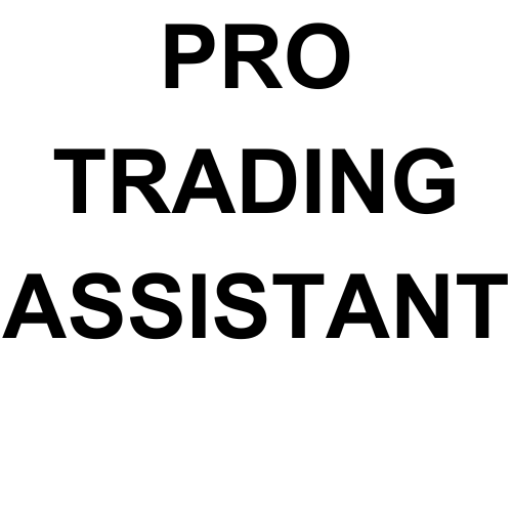Table of Contents
Forex Trading for Beginners: A Comprehensive Guide
Forex trading, or foreign exchange trading, is the act of buying and selling currencies in the global decentralized market. It is a complex and exciting financial activity that requires a solid understanding of its fundamental concepts. In this blog post, we will break down everything you need to know about forex trading as a beginner, using the content from the YouTube video “Forex Trading For Beginners (FREE FULL COURSE)” as a foundation.
What is Forex Trading?
Forex trading is the simultaneous buying and selling of two different currencies at an agreed-upon exchange rate. The primary goal is to profit from the fluctuations in the exchange rate between the two currencies. Forex is the largest and most liquid financial market in the world, with daily trading volumes exceeding $6 trillion.
Key Players in the Forex Market
– **Central Banks:** They influence currency values by managing their countries’ money supply, interest rates, and other monetary policies. – **Commercial Banks:** They facilitate forex trades for their clients and act as market makers. – **Speculators:** These are traders who aim to profit from short-term price movements in the forex market. – **Hedgers:** They use the forex market to mitigate risks associated with international business operations.

Understanding Forex Quotes
Forex quotes are expressed as a pair of currencies, such as EUR/USD. The first currency (EUR) is called the base currency, and the second (USD) is the quote or counter currency. The exchange rate indicates how much of the quote currency is needed to buy one unit of the base currency.
Factors Influencing Currency Exchange Rates
Exchange rates are affected by various factors, including:
– **Interest Rates:** Higher interest rates typically lead to a stronger currency, as it attracts more foreign capital. – **Economic Indicators:** Gross Domestic Product (GDP), inflation, employment, and other economic indicators influence currency values. – **Political Stability:** A stable political environment tends to support a stronger currency, while political instability can lead to currency depreciation. – **Terms of Trade:** A country’s export prices relative to its import prices can affect its currency value.

Types of Forex Orders
– **Market Order:** An order to buy or sell a currency pair at the current market price. – **Limit Order:** An order to buy or sell a currency pair at a specified price. – **Stop Order:** An order to buy or sell a currency pair once the price reaches a specified level to limit losses or lock in profits.
Risk Management in Forex Trading
– **Setting Stop Losses:** A predetermined level at which a trade will be automatically closed to limit losses. – **Position Sizing:** Adjusting the size of a trade based on the level of risk acceptable to the trader. – **Diversification:** Spreading investments across various currency pairs and trading strategies to reduce overall risk.
Leverage and Margin in Forex Trading

Leverage is a powerful tool that allows traders to control larger positions than their actual account balance. Margin is the collateral required to open and maintain a leveraged trade. While leverage can increase potential profits, it also magnifies losses. Therefore, it is crucial to exercise caution and employ proper risk management strategies when using leverage.
Getting Started with Forex Trading
– **Choosing a Reliable Broker:** Select a reputable broker that adheres to regulatory standards and offers a secure trading platform. – **Developing a Trading Strategy:** Create a strategy that aligns with your risk tolerance, time commitment, and financial goals. – **Practicing with a Demo Account:** Familiarize yourself with the trading platform and test your strategy without risking real money.
In conclusion, forex trading can be a rewarding financial endeavor for those willing to invest time and effort into understanding its intricacies. By mastering the concepts discussed in this blog post and employing disciplined risk management strategies, beginners can lay a solid foundation for successful forex trading.
